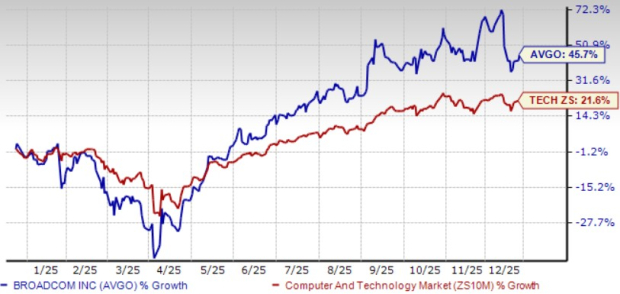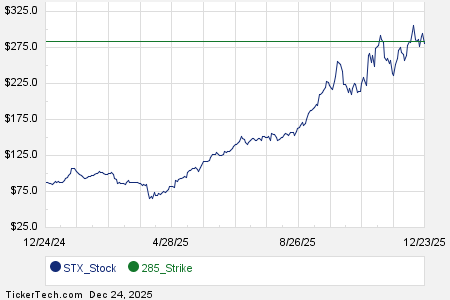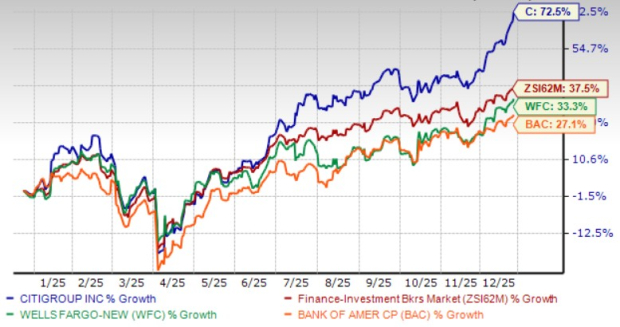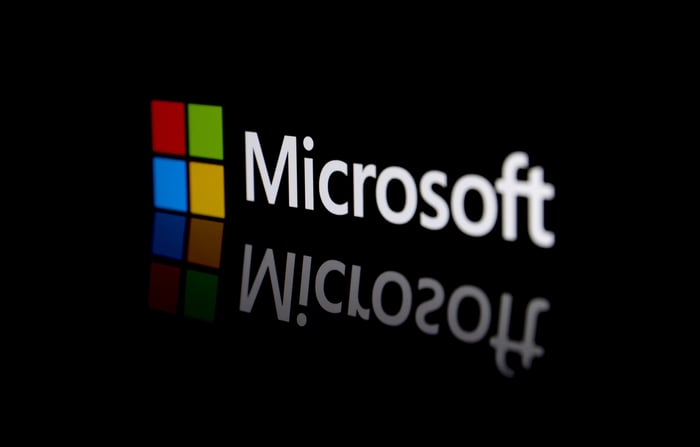“`html
Alphabet Shares Drop Amid AI Search Engine Predictions from Apple
Shares of Alphabet (NASDAQ: GOOGL) (NASDAQ: GOOG) fell after Apple executive Eddy Cue announced that searches on Safari dropped for the first time in April. He attributed this decline to an increase in artificial intelligence (AI) chatbot usage, suggesting that AI search engines might replace traditional search options in the future.
Cue also hinted that Apple could integrate search options from AI firms like OpenAI, Perplexity, and Anthropic into its Safari browser. He forecasted that iPhones may not last another decade, hinting that AI and wearables could eventually replace smartphones.
The announcement led many Alphabet critics to declare that traditional search is officially disrupted, sparking fears of a dying business model. However, several reasons suggest that Alphabet could endure this challenge. Below are four reasons why Alphabet investors should remain assured.
1. $20 Billion Dependency on Google Search
Apple earns approximately $20 billion annually from Alphabet as revenue-sharing for making Google the default search engine in Safari. This amount contributes more than 15% to Apple’s operating income.
Cue’s statements came during his testimony in a federal case regarding the Department of Justice’s antitrust lawsuit against Alphabet. Apple clearly desires to maintain this lucrative partnership.
By openly discussing a decline in Google’s search queries and the potential introduction of AI-powered search, Apple appears to be accomplishing multiple objectives. It highlights Google’s growing competition, seeks to reinforce the continuity of their search agreement, and presents itself as a forward-thinking technology leader.
Ultimately, Apple is motivated by the substantial revenue it derives from this partnership and would benefit from maintaining the current deal.
2. Distinction Between Queries and Profitable Queries
In response to Apple’s claims, Alphabet asserted in a blog post that it still sees growth in overall search queries, including on Apple devices. It’s important to note that Apple’s and Alphabet’s statements could both hold true if Safari’s market share is diminished.
However, there’s a critical difference between general search queries and those that generate profit. Historically, Alphabet serves ads on only 20% of search queries. The most lucrative searches typically involve direct interest in products, such as “iPhone” or “cheap insurance.” Furthermore, Google’s local ads perform well for searches like “the best pizza near me,” providing significant advantages over AI chatbots for practical inquiries.
Queries that are more exploratory, like historical questions, don’t typically generate revenue for Alphabet, limiting the impact of AI chatbots on its revenue moving forward.

Image source: Getty Images.
3. Differing Monetization Models for AI
AI chatbots are expected to follow different monetization models compared to traditional search engines. Responding to AI queries comes with significantly higher costs, and many of these queries don’t lend themselves to advertising.
Currently, most AI tools are free of charge without ads, with premium subscription services available at around $20 monthly (e.g., ChatGPT Pro). Future business models may incorporate paid tiers with limited ads. However, search engines are still better integrated with e-commerce and local listings, giving them an edge.
Additionally, Google’s extensive ad network provides unparalleled connectivity for advertisers across various audiences, which is a challenge for new AI startups. If search usage declines and AI chatbots yield limited ad revenue, higher search ad prices might emerge as advertisers continue to seek effective avenues to reach consumers.
4. Alphabet’s Broader Portfolio
While search is a vital component of Alphabet’s revenue, the company boasts other lucrative sectors, including YouTube and its rapidly expanding Google Cloud. Additionally, its Waymo robotaxi service is evolving quickly and may well become a significant revenue source, alongside work in quantum computing with its Willow chip.
Furthermore, Alphabet is making notable advancements in AI technology. The Gemini AI model is now among the top-ranked and is expected to enhance Google Search. This could reinforce and expand Alphabet’s search capabilities in the long run. Granting API access to its burgeoning AI technologies represents a promising revenue stream as developers incorporate these functionalities into various applications.
With a forward price-to-earnings ratio of around 16x based on analyst projections, Alphabet may appear undervalued, suggesting that associated risks are overstated.
Should You Invest $1,000 in Alphabet?
Before making an investment in Alphabet, consider the following:
The Motley Fool Stock Advisor analyst team recently pinpointed what they consider the 10 best stocks to buy currently, and Alphabet is not among them. The selected stocks are projected to generate impressive returns in the upcoming years.
Think back to when Netflix made this list on December 17, 2004… if you invested $1,000 at that moment, you’d have around $614,911! *Or when Nvidia was featured on April 15, 2005… if you invested $1,000 then, you’d have approximately $714,958!*
The total average return for Stock Advisor stands at 907 %—well above the 163% posted by the S&P 500. Don’t miss out on their latest top 10 list, available with membership.
*Stock Advisor returns as of May 5, 2025
Suzanne Frey, an executive at Alphabet, serves on The Motley Fool’s board. Geoffrey Seiler has positions in Alphabet. The Motley Fool holds and recommends positions in Alphabet and Apple, with a disclosure policy in place.
The views and opinions expressed herein are solely those of the author and do not necessarily reflect those of Nasdaq, Inc.
“`








